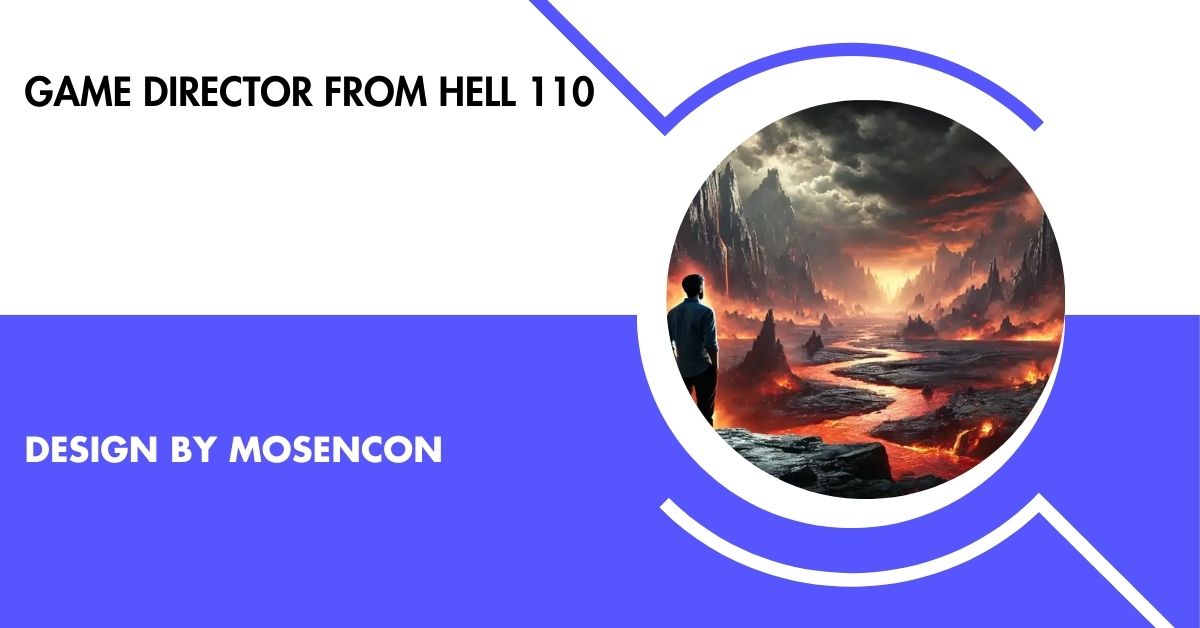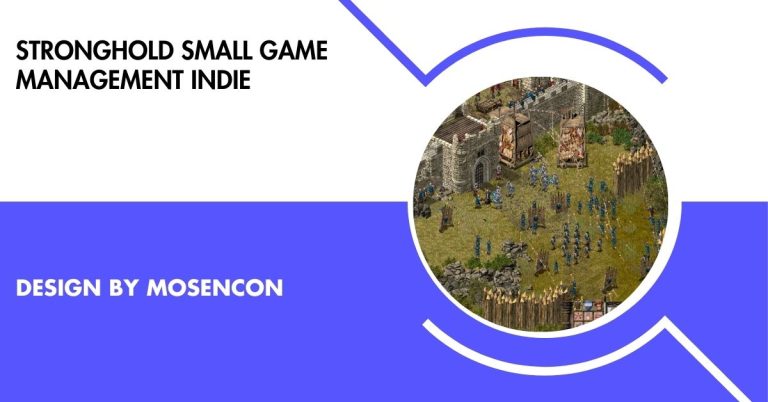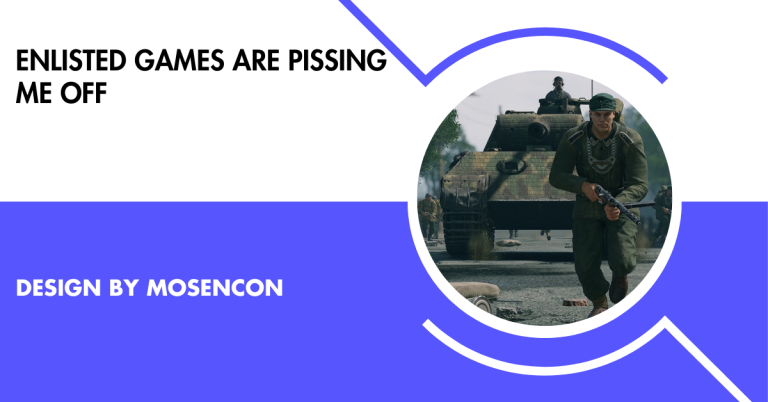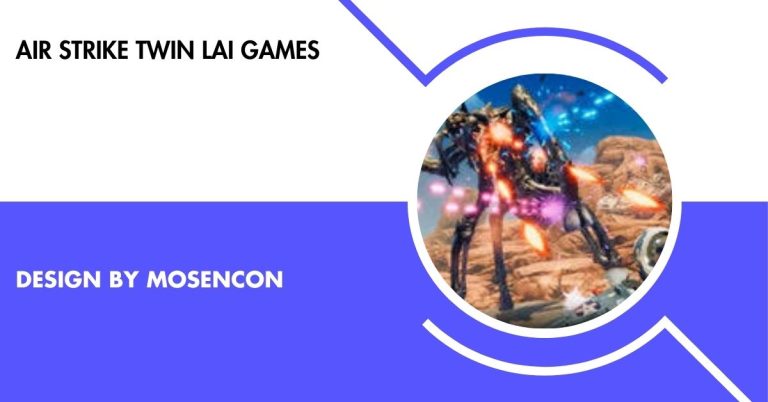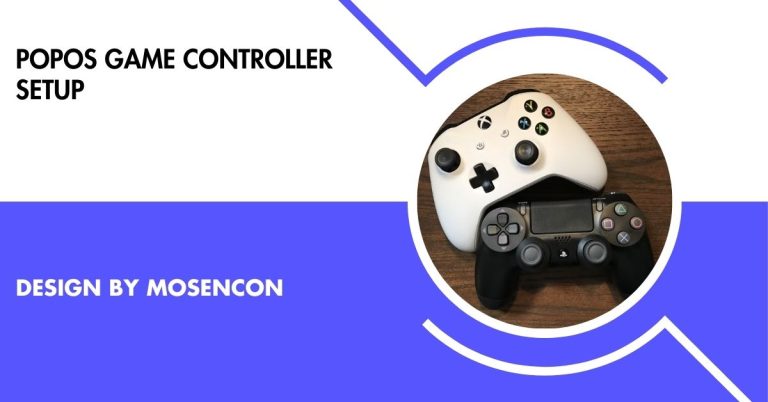Game Director From Hell 110 – A Deep Dive Into The Controversial Journey Of Game Development!
“Game Director From Hell 110” describes a mismanaged, toxic game project with unrealistic expectations, causing burnout, delays, and financial losses.
In this article, we’ll break down what “Game Director From Hell 110” refers to, the issues faced by directors, and what we can learn from it.
What is “Game Director From Hell 110”?

“Game Director From Hell 110” is a phrase that emerged to describe a video game development project marked by chaos, mismanagement, and overbearing leadership. The term specifically refers to a scenario where a game director, overwhelmed by the task at hand, causes a toxic work environment and leads the project into disaster. This could be the result of unrealistic expectations, lack of resources, poor communication, or an unhealthy work culture.
Why 110?
The “110” in “Game Director From Hell 110” could refer to a specific game or number associated with the project. This number might be an internal reference or a metaphorical symbol of a project that has become overwhelming and difficult to manage. Regardless of its origin, the phrase signifies a level of intensity and turmoil in the gaming industry that few people are prepared for.
The Role of a Game Director
To understand the significance of a “Game Director From Hell 110” situation, it is essential to understand the role of a game director. A game director is the leader of the development team, guiding the overall vision of the game. They make crucial decisions related to gameplay mechanics, art style, story, and user experience. The director works closely with producers, designers, artists, and programmers to ensure that the game stays true to its concept and meets deadlines.
Also read: Unblocked Games 911 – A Detailed Overview!
Key Responsibilities of a Game Director:
- Vision and Conceptualization: The game director is responsible for creating the initial vision of the game. They define the gameplay mechanics, setting, characters, and the overall experience the game will offer to players.
- Leadership and Team Management: As the leader of the project, the game director oversees the team, ensuring that everyone is working towards a shared goal. They manage team dynamics, resolve conflicts, and make difficult decisions about the direction of the game.
- Coordination: The director coordinates between different departments, ensuring that all aspects of the game align with the vision. This involves regular meetings, feedback sessions, and making adjustments when necessary.
- Quality Control: Throughout the development process, the game director must ensure that the game meets high standards in terms of design, performance, and overall experience. They often review prototypes, conduct playtests, and provide feedback.
- Problem-Solving: During development, unexpected challenges often arise. Whether it’s technical issues, creative differences, or tight schedules, the game director must find solutions to keep the project moving forward.
The Pressure on Game Directors:
Game directors face immense pressure to deliver successful products in a competitive industry. High expectations from players and publishers can lead to financial losses and reputational damage if a game fails. This pressure often results in unrealistic deadlines, causing “crunch time,” where developers work excessive hours, sometimes up to 100 hours a week. Such practices harm productivity, employee morale, and mental health, leading to burnout within the team.
Consequences of a “Game Director From Hell 110” Scenario:
When a game director fails to manage the development process effectively, the consequences can be severe. A “Game Director From Hell 110” situation often results in the following issues:
Burnout and Exhaustion:
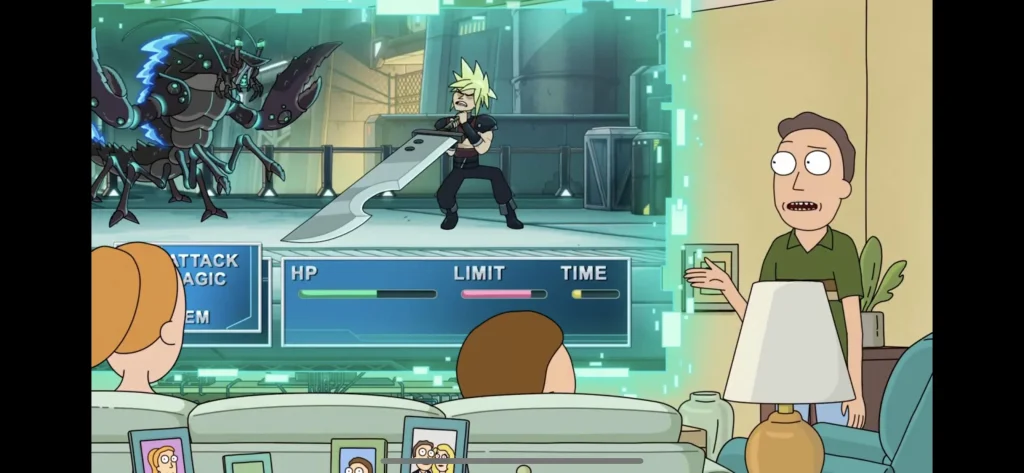
Overloading the development team with unreasonable expectations and long hours can result in burnout and exhaustion. This leads to mental and physical fatigue, diminishing the quality of work. Employees may feel overwhelmed and leave the project, further delaying production. The long-term effects of burnout can cause a significant dip in productivity and morale, resulting in a slowed development process and possibly a failed project if not managed properly.
Toxic Work Environment:
A game director’s leadership plays a pivotal role in shaping the workplace culture. If the director fosters a stressful, fear-driven environment, it can lead to a toxic workplace. Employees may feel undervalued and under motivated, impacting their overall performance. This environment often encourages micromanagement and harassment, affecting the team’s mental health. When morale drops, the work quality suffers, which ultimately harms both the project and the developer’s reputation.
Delayed Releases and Shoddy Products:
Inefficient management can severely impact the game’s timeline, leading to delays in its release. Unrealistic expectations from the director can force the team into working at an unsustainable pace, ultimately missing deadlines. A rushed development process often leads to numerous bugs and glitches in the final product, creating a frustrating experience for players. Delays and poor-quality releases hurt the game’s reputation, leading to negative reviews and lower sales.
Financial Losses:
When a game fails due to poor management, it results in massive financial losses. Investments in development, marketing, and time become wasted if the game doesn’t meet player expectations. This can damage the company’s revenue streams and brand reputation. In extreme cases, the financial strain caused by a failed project can force the company into layoffs or even bankruptcy, leading to a devastating impact on the industry.
Also read: Unblocked Games 66 Ez – Your Ultimate Guide to Free and Accessible Online Gaming!
How to Avoid a “Game Director From Hell 110” Scenario:
While the challenges faced by game directors are immense, there are ways to prevent a “Game Director From Hell 110” situation from occurring. Here are some strategies that can help game directors manage their teams more effectively:
Open Communication:
Effective communication is crucial in game development. Game directors should encourage transparency and keep open lines of communication with their team. Regular check-ins and feedback sessions help identify issues early, allowing for quicker resolutions. When team members feel heard and informed, it fosters a positive work environment and prevents problems from escalating, ensuring that the project stays on track and everyone is aligned toward the same goals.
Realistic Deadlines:

Setting realistic deadlines is essential for a successful game development process. Directors must evaluate the resources, time, and effort required for each stage and avoid pushing the team too hard. Unrealistic expectations can lead to rushed work, mistakes, and delays. By focusing on quality rather than speed, directors ensure that the game is developed properly and reduces stress on the team, leading to a more efficient and sustainable process.
Promote Work-Life Balance:
Encouraging a healthy work-life balance is vital to prevent burnout. Game directors should ensure their team has time to rest and recharge by promoting regular breaks and time off. An overworked team is less productive and more prone to mistakes. By fostering an environment where employees can balance work and personal life, directors ensure sustained productivity and creativity without sacrificing the well-being of their team members.
Invest in Support and Resources:
Providing the right resources and support is essential for smooth game development. Game directors should invest in training for their team, ensuring they have the necessary skills to perform their tasks. Access to up-to-date technology, tools, and software is also crucial for efficient work. By equipping the team with proper resources, directors create an environment where developers can focus on creating quality content without unnecessary obstacles.
Foster a Positive Work Culture:
A positive work culture leads to a productive, motivated, and cohesive team. Game directors should promote inclusivity, respect, and creativity within the workplace. Recognizing and valuing team members’ contributions creates an environment where people are motivated to do their best work. A collaborative and supportive atmosphere reduces stress and helps avoid toxic behavior, ultimately improving morale and the overall quality of the game.
FAQ’s
1. What does “Game Director From Hell 110” mean?
It refers to a video game project characterized by mismanagement, toxic leadership, and overwhelming pressure, often resulting in burnout and poor product quality.
2. Why is the number 110 used in the phrase?
The “110” could be a metaphor or internal reference, symbolizing a project that’s become too overwhelming and difficult to manage.
3. What are the main responsibilities of a game director?
A game director oversees the game’s vision, coordinates teams, manages deadlines, and ensures quality control throughout the development process.
4. How does poor leadership affect game development?
It can lead to burnout, a toxic work environment, delayed releases, and financial losses, ultimately impacting the game’s quality and the development team’s morale.
5. How can game directors avoid creating a “Game Director From Hell 110” situation?
By maintaining open communication, setting realistic deadlines, promoting work-life balance, providing adequate resources, and fostering a positive work culture.
Conclusion
In conclusion, “Game Director From Hell 110” underscores the disastrous effects of poor leadership and mismanagement in game development, including burnout, delays, and financial losses. Unrealistic expectations, toxic work culture, and lack of communication lead to project failure. Game directors can prevent such scenarios by promoting open communication, setting realistic deadlines, encouraging work-life balance, and fostering a positive, supportive environment.

